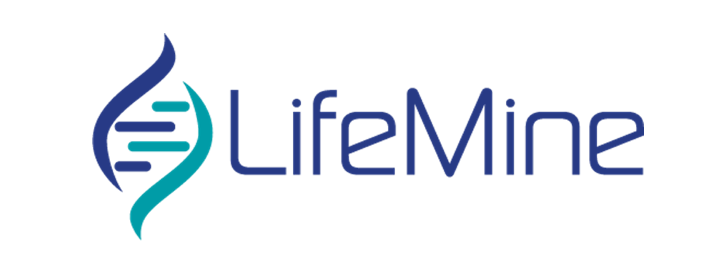LifeMine Cashes in on Precision Medicine, Abbott Extends Deadline to Cash Out on Alere
LifeMine champions its “genomically-enabled drug discovery engine” that combines artificial intelligence with synthetic biology.

LifeMine Therapeutics today announced the closing of a substantial round of Series A financing. The Boston-based company raised $55 million in the round with an investor pool that includes GV (formerly Google Ventures) and Merck Ventures.
LifeMine champions its “genomically-enabled drug discovery engine” that combines artificial intelligence with synthetic biology to quickly identifying targets for novel therapeutics. Company co-founder and CEO Gregory Verdine said in a statement that "My life's passion has been to discover new treatments that address formidable challenges holding back modern medicine and for major, complex diseases."
Verdine said that the fungal biosphere contains many of the answers to complex medical conditions, but “Despite their promise, these fundamentally innovative medicines proved difficult and time-consuming to discover by traditional means, leaving the industry in search of a technological solution."
The company announced its board of directors in concordance with the successful fundraising round, which will include many figures from contributing organizations: Edward Hu of WuXi Healthcare Ventures; James Tananbaum of Foresite Capital; Krishna Yeshwant of GV. Rick Klausner will be the Chair of the board: he’s also on the Board of Directors at GRAIL, which was 2016’s breakout fundraising star with over a billion dollars raised.
EpiVax Announces NIH-Funded Vaccine Collaboration
Bioinformatics company EpiVax today announced a National Institutes of Health (NIH) funded collaboration to develop a vaccine against H7N9, a strain of the avian flu. The collaborators will include the University of Massachusetts Medical School, Protein Sciences (which was purchased by Sanofi this summer), and the University of Georgia.
The 5-year program was launched with a $5.8 million NIH award. A statement says the program aims to use “state-of-the-art bioinformatics and molecular modeling methods…[to] make conventional hemagglutinin-focused flu vaccines protective against the new high-mortality avian influenza.” EpiVax’s first generation H7N9 vaccine is currently undergoing clinical testing in Australia.
Abbott Extends Cash Tender Offer for Outstanding Alere Preferred Stock
Abbott added a footnote to its rocky acquisition of Alere Inc., which has been playing out for the last two years. The company today announced an extension of its offer to buy all Series B Convertible Perpetual Preferred Stock in Alere for $402.00 per share. The window was originally to expire a minute before midnight on Friday the 15th: now, those still holding those shares have until the same time on Friday, September 29th. According to a statement, over 90% of such stock have already been bought back.
Abbott’s purchase of Alere was marked by legal battles, including the subpoenaing of Alere in regards to its sales practices. The company, which manufactures point-of-care diagnostics, was originally to be bought for $5.8 billion, but that price was cut down to a final sale of $5.3 billion in April.